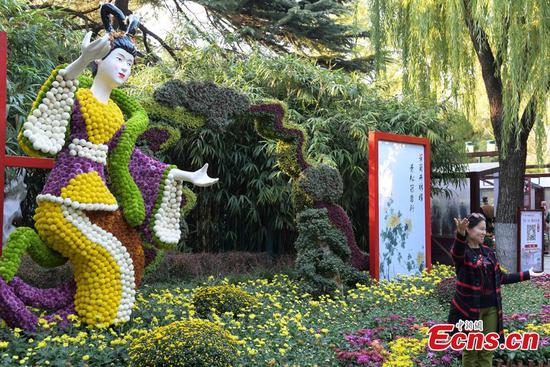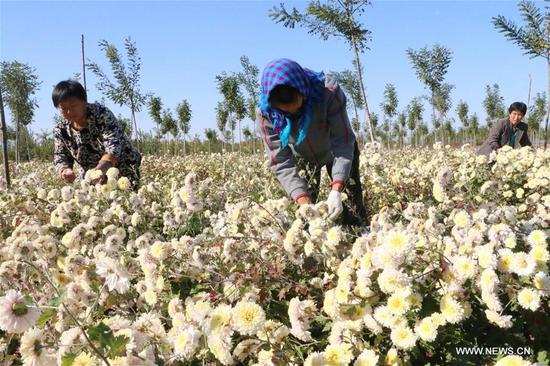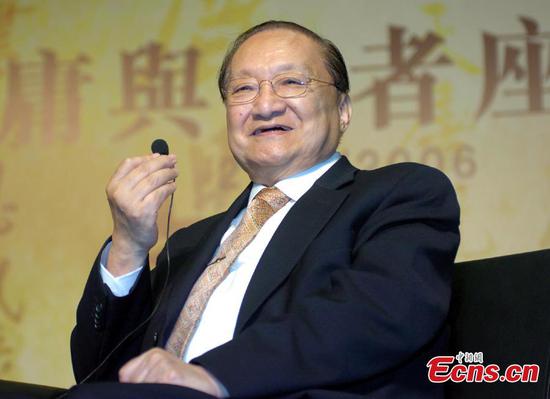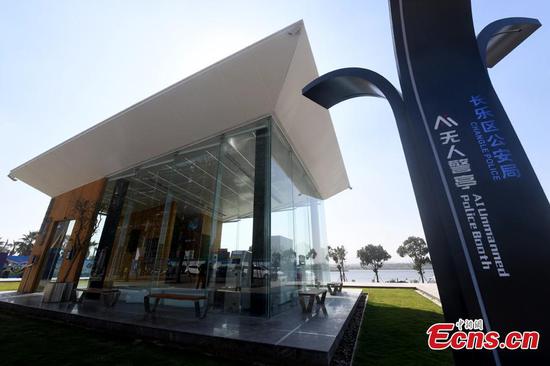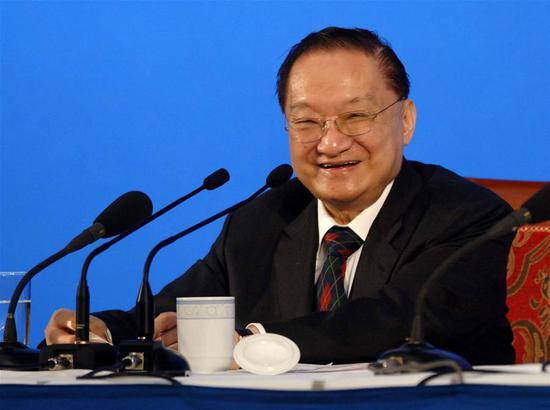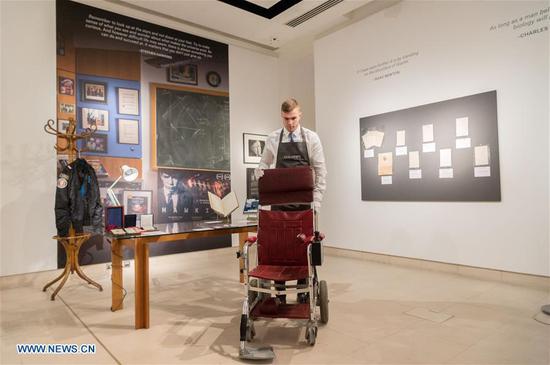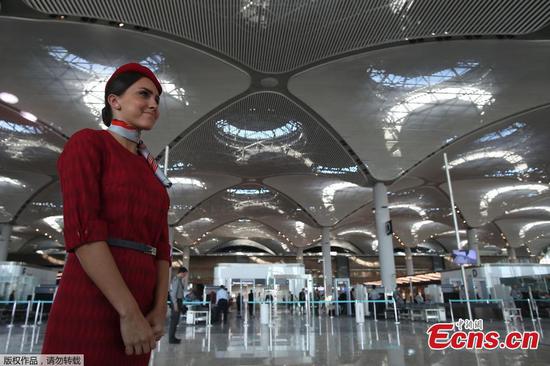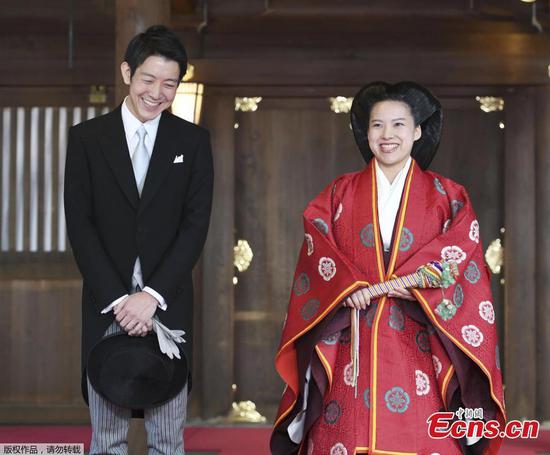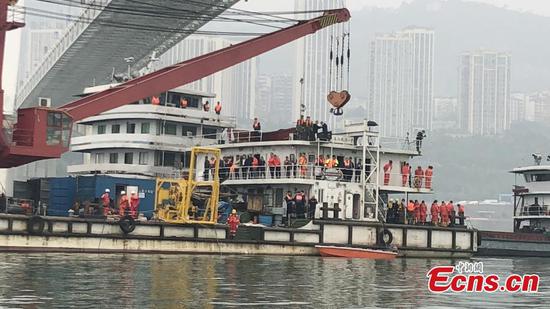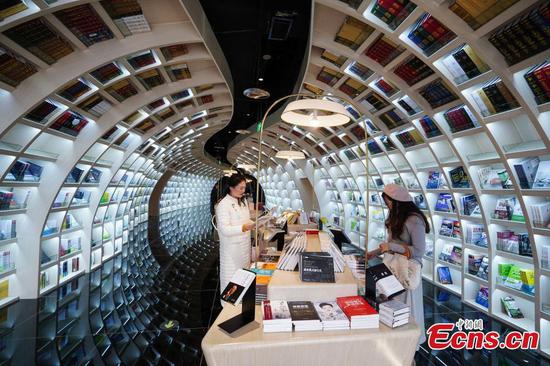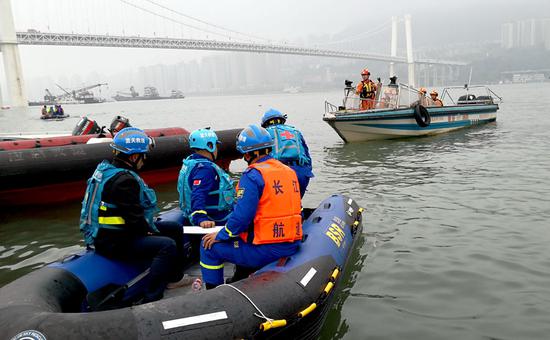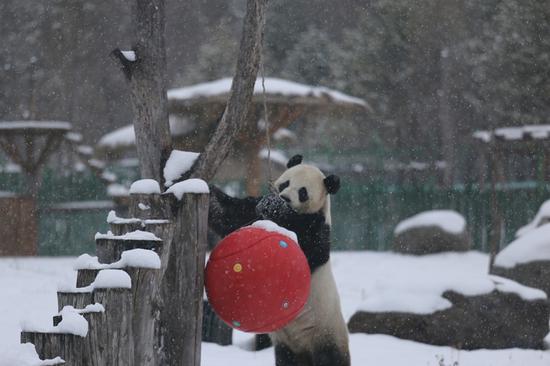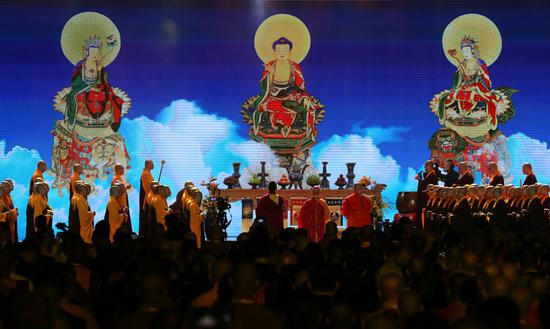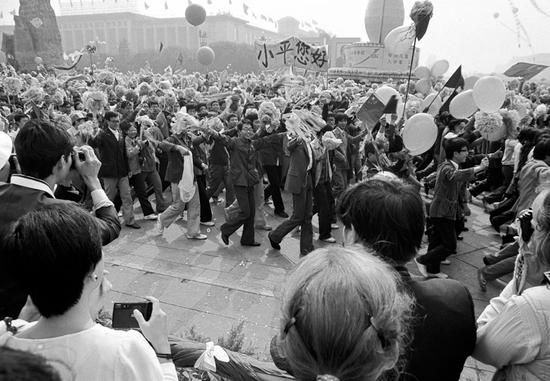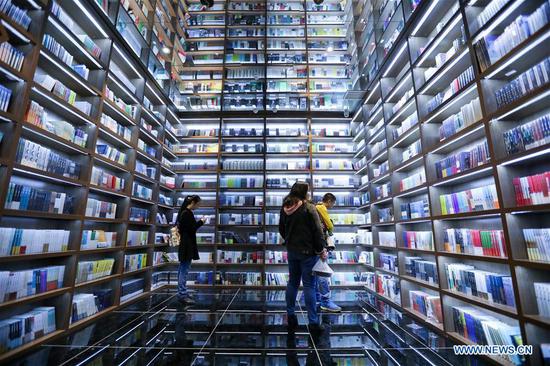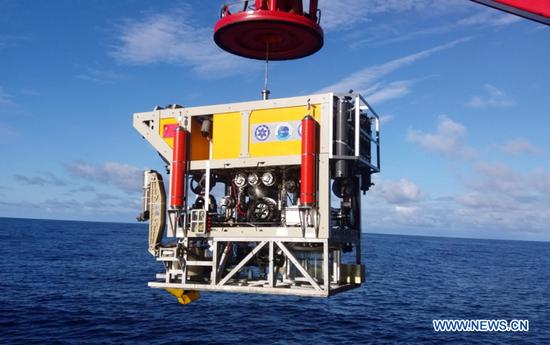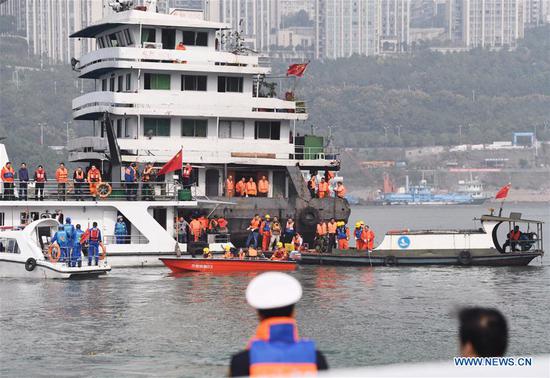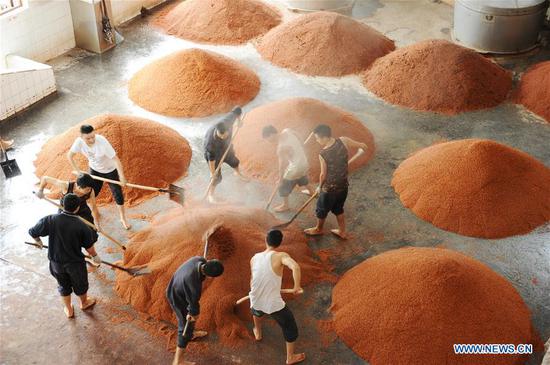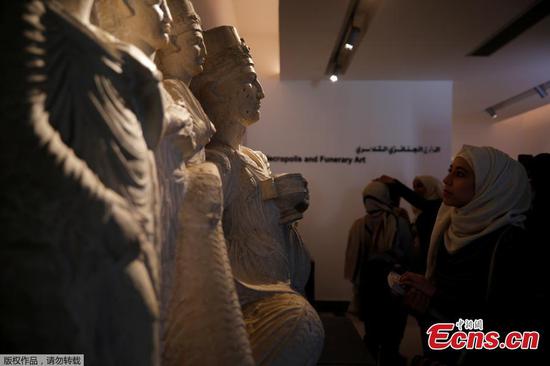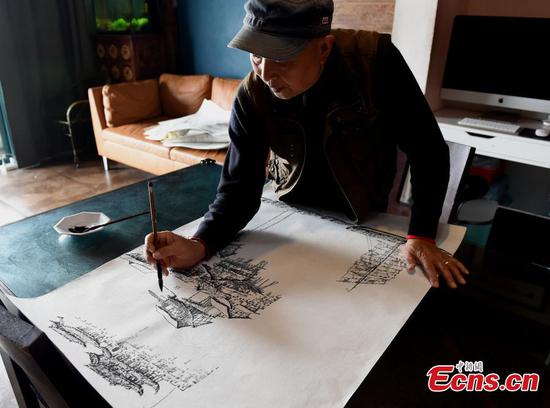
Established in 1959, Shannon Free Zone was the world's first free trade zone. (Photo provided to China Daily)
Former officer at Shannon Development recalls Chinese delegation's tour of the world's first free trade zone in Ireland in 1980
When a group of government officials from China visited Ireland in 1980, they made a distinct impression on the former strategic planning officer at Shannon Development - Brian Callanan.
The Chinese delegation came seeking inspiration for their nation's special economic zones, which have since become a major driving force behind the country's economic boom.
"Focused", "formal" and "quiet" were the words Callanan used to describe the delegation that came to study the "free trade zone" concept. He recalled that the officials seemed "indifferent" when they first arrived, and that there was "no big conversation".
"But they were very engaged. They were listening all the time very carefully," he said. "I felt they were absorbing everything."
The eight Chinese officials came to the mid-west of Ireland at a time when Chinese leader Deng Xiaoping was considering his options for energizing China's economy.
Deng wanted to learn how other countries developed their economies and sent a delegation on a world tour to see how special economic zones worked elsewhere.
The Shannon free trade zone model gained popularity among countries around the world working to industrialize. Established in 1959, it is widely known as the world's first free trade zone with special tax incentives and simple customs procedures to attract foreign investment.
After touring several other countries, the Chinese delegation arrived in Shannon and attended a three-week training program on how to set up an industrial free trade zone. During the training, they were introduced to the world's first duty-free shop, and a special zone based on low tax and free trade.
Callanan said commonality was a key factor that made the Chinese visit Ireland.
"Both Ireland and China have been on the receiving end of colonialism and I think China would have been sensitive to where it learns its lessons from, because there were all these cultural and political issues," he said. "So to be involved with a neutral country to share with China the negative colonial experience, I think, was very important."
Callanan said the Chinese officials' reserved manner at the beginning of the program took the hosts by surprise, as the Irish people are so much more comfortable talking, or even arguing.
"They were very indifferent and there was silence most of the time," said Callanan, reminiscing on the first day when he was giving an overview on the program to the visitors. "The Chinese were very focused, busy taking notes, but no question was asked."
It did not take long to break the ice, according to Callanan, especially when the Chinese learned about a story that shared the nations' similar experience of poverty. During Ireland's Great Famine in the 1840s, about one million people died and one million more emigrated.
"We talked about how we were coming out of poverty when we gave a historical background of Shannon, back in the era of poverty and hunger, and this was not just about the customs or incentives, but about how we got our escape from being poor," Callanan said. "I think that resonated with the Chinese people, because they understood that in their folk memory."
According to Callanan's recollection, the training program consisted of classroom sessions and site visits. In the class, the Chinese visitors were introduced to the layout of the Shannon free trade zone, the physical infrastructure and the design of the incentives.
Callanan noted there was an interesting spectrum of skills among the people in the delegation, each with different area of expertise.
"Some of them had a very strong interest in the engineering aspect, and some in the marketing aspect," he said.
"They genuinely wanted to learn, but I do not think they were on a mission at that stage, because I do not think they knew if it would work. They were exploring," Callanan said.
Relaxed facial expressions from the Chinese toward the end of the three weeks gave a clear indication to Callanan that the program was a success.
"They were laughing and chuckling among themselves, though still in Chinese," he said. "I think we sensed that something was happening, because there were literally jokes over dinner and we knew on the final day that it had been a success.









